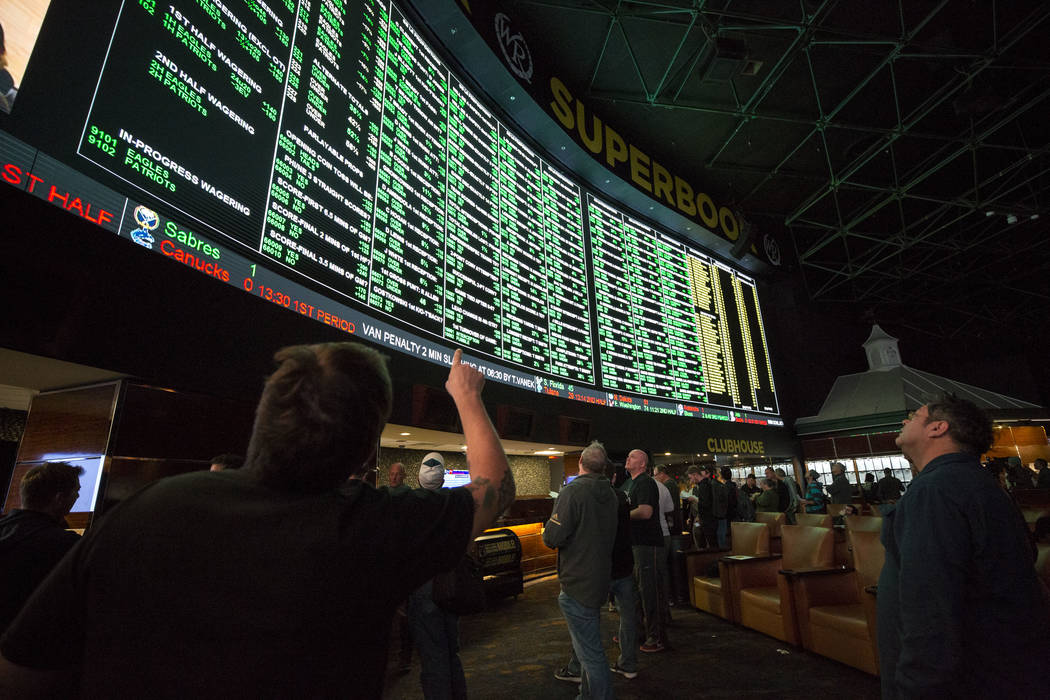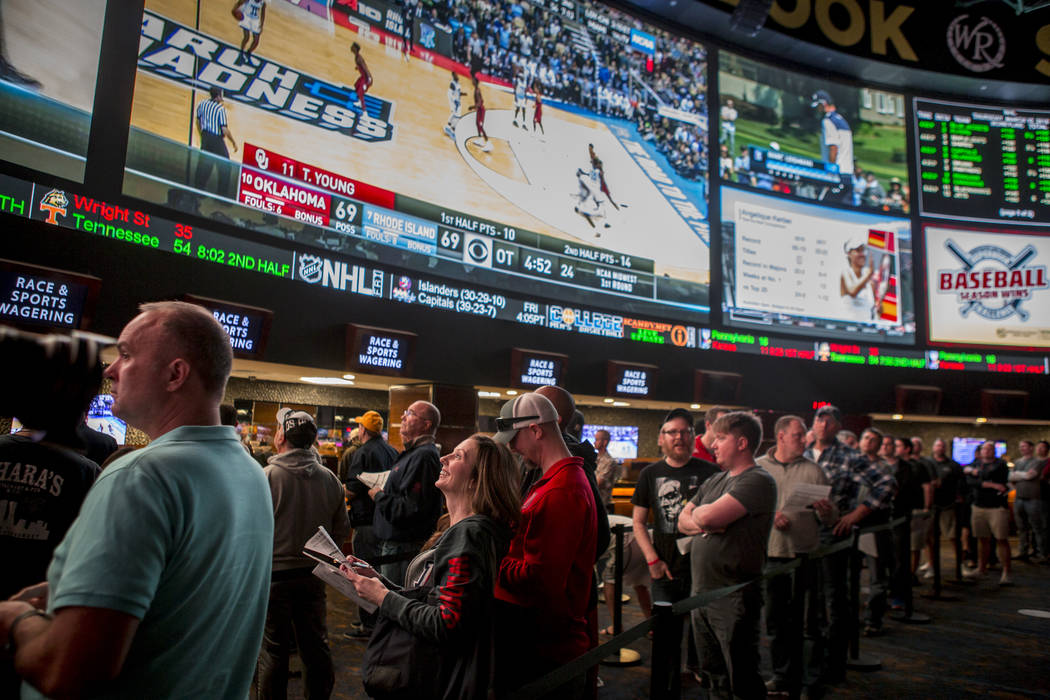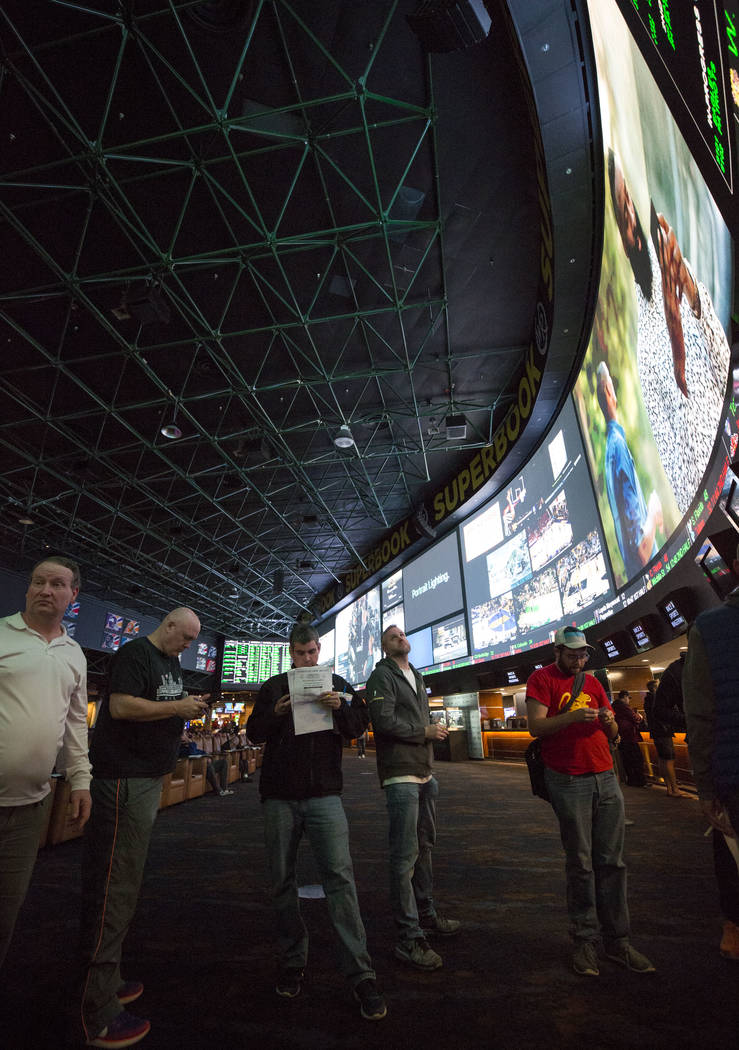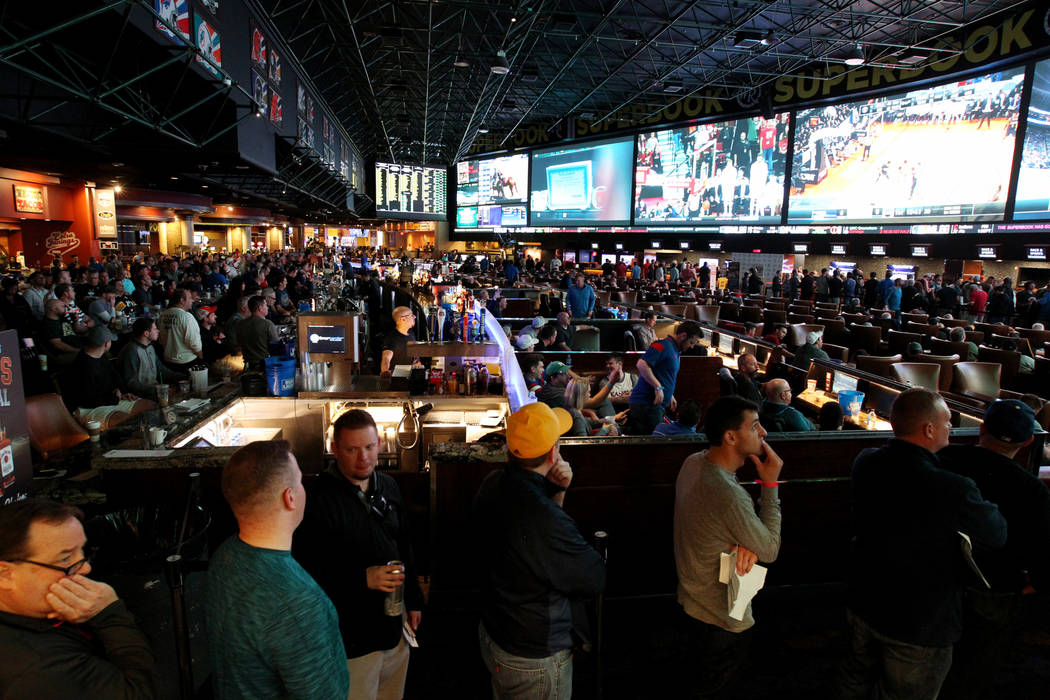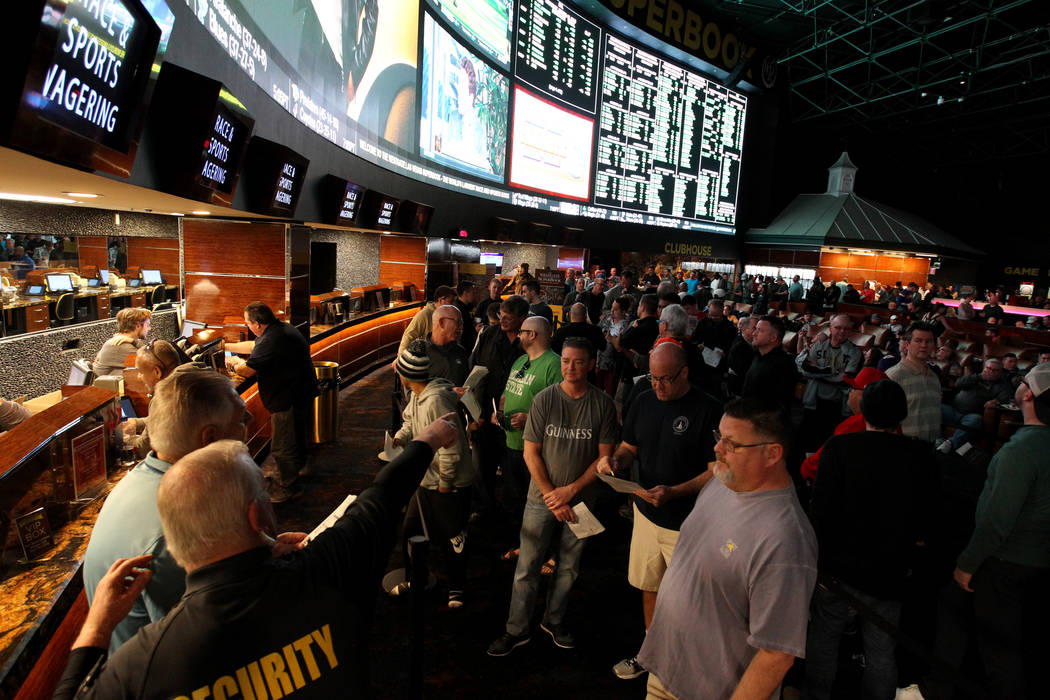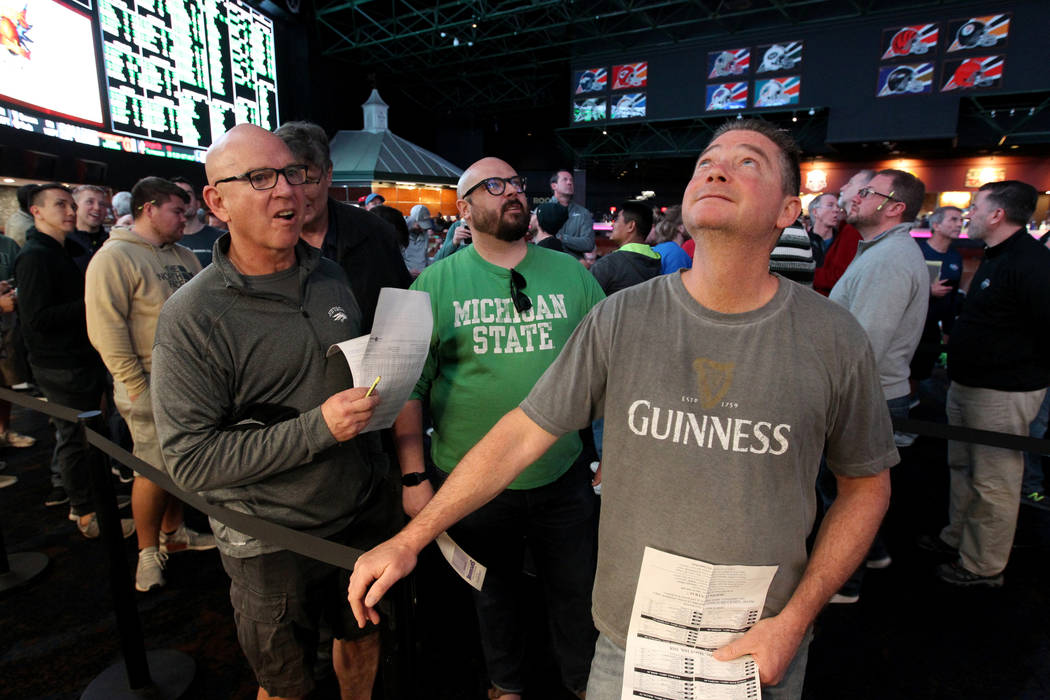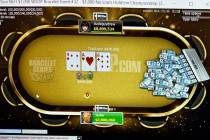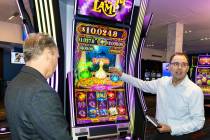Experts envision sports betting scene after court ruling
As the date of the announcement of a U.S. Supreme Court ruling on the constitutionality of the Professional and Amateur Sports Protection Act draws near, just about every stakeholder in the decision seems to be in agreement on the most critical aspects of the case:
— The court will strike down PASPA, essentially making sports gambling legal nationwide.
— The states with their own legislation in place will have a head start entering the market.
— It’s a bad idea for professional sports leagues trying to deal themselves into the revenue stream to promote a royalty or “integrity fee.”
An extraordinary amount of research and work has come out from several sources over the post-ruling sports betting landscape, and much of it has been amplified by the presence of the NCAA Tournament.
With all of the crazy upsets and buzzer beaters of the tournament, people with a casual interest in basketball are learning a lot more about point spreads and how wagering on sports works.
Because the court ruling appears to be eminent and March Madness has captured the public’s attention, several researchers have offered their analysis of what will happen next.
Michelle Minton, a senior fellow for the Competitive Enterprise Institute, on March 15 issued a 21-page white paper in which she made a case for reasonable tax rates and a robust, diverse market that would include mobile betting from smartphones with land-based casinos, racetracks or storefronts.
She also stressed consumer protections and labeled the integrity fees advocated by the National Basketball Association and Major League Baseball as detrimental.
The NBA and MLB feel they are entitled to some form of compensation as the provider of the games.
But, as Nevada sports book operators will tell you, the reality is profit margins are extremely tight as they are.
Books have about 5 percent margins. That’s because most of the money they make is on the commission, or “vigorish,” on each bet. A good bookie will try to make it enticing for both sides to have an equal opportunity to win so that it can pay the winners from what the losers bet.
The sports leagues are asking for — and in some state legislatures that have already introduced bills on sports wagering are getting — a 1 percent “integrity fee” on the handle, which is the amount bet.
Some state legislatures are looking at slicing that to 0.25 percent and making it a percentage of winnings instead of handle.
Possibly the most impressive analysis of sports betting was made in a March 1 report issued by the California-based Eilers &Krejcik Gaming research firm.
The company’s report said 18 states are pursuing sports betting bills, five of them with integrity-fee features. Most states have competing bills, some with and some without a proposed integrity fee.
The report said that had a 1 percent integrity fee been in place for the Super Bowl, Nevada sportsbooks would have lost $400,000.
NBA Commissioner Adam Silver first suggested the integrity fee in 2014, somewhat altering the message by calling the fee a “royalty” as opposed to the cost of protecting the integrity of games.
The danger of including such a fee is that it would make it more expensive for the legal outlets to take bets, potentially driving bettors back to the illegal sources that could offer higher winnings.
Eilers &Krejcik said that Nevada sports book revenue came in at $248.8 million — the company had projected $247 million — in 2017 and that it forecasts $279 million in 2018.
The reasons for the growth include the arrival of the Vegas Golden Knights and the pending move of the Oakland Raiders to Las Vegas; a decline in sports leagues’ reluctance to have games in Las Vegas; improvements in technology in mobile sports wagering; casinos’ investments in the sports book space; and the general expansion of Southern Nevada’s economy.
A new world is coming in sports wagering. It won’t be long before we start seeing what that world looks like.
Contact Richard N. Velotta at rvelotta@reviewjournal.com or 702-477-3893. Follow @RickVelotta on Twitter.



